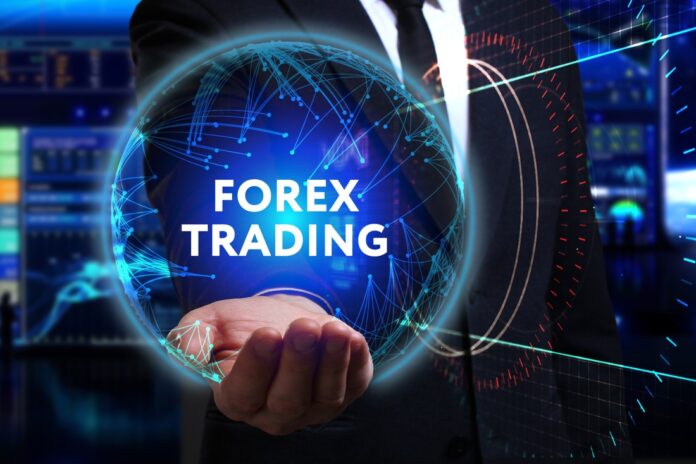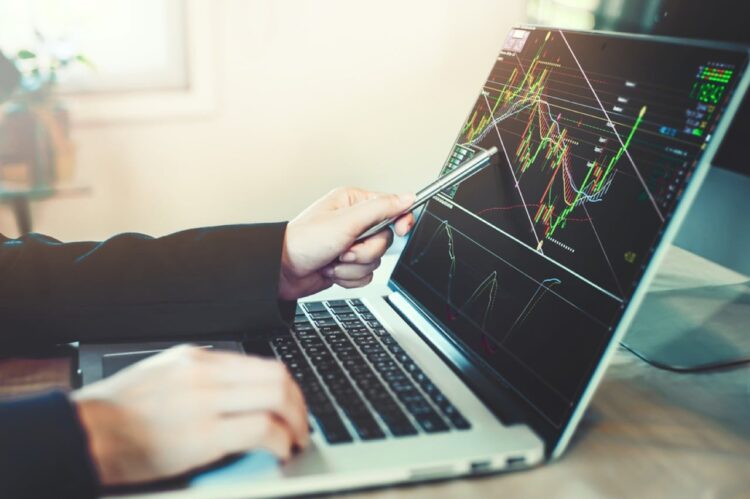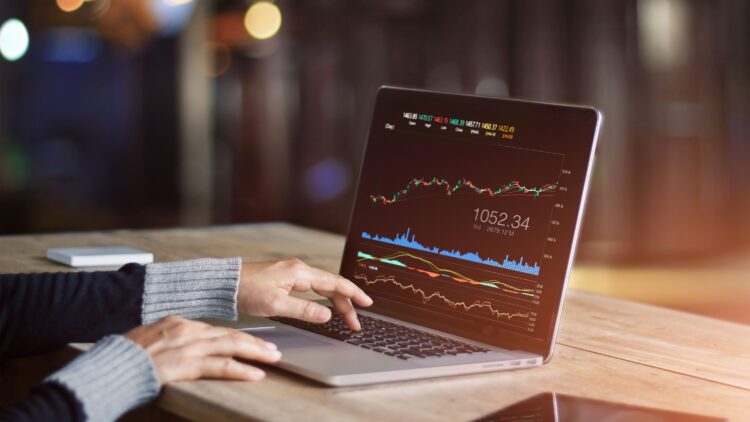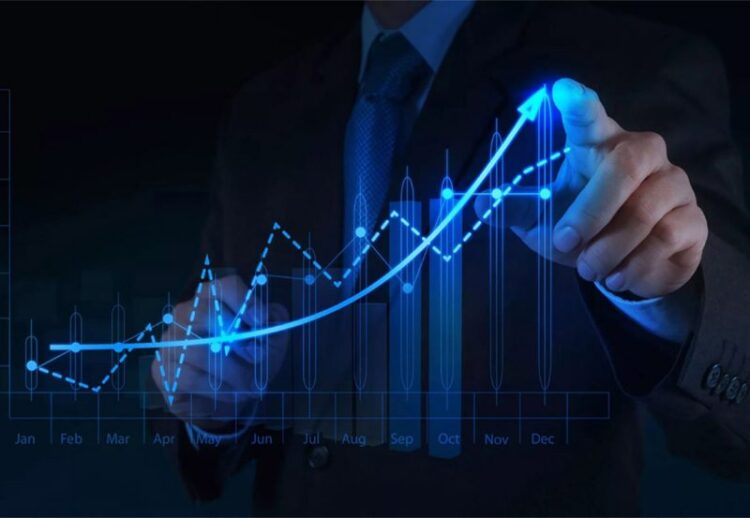
The Forex industry is booming these days. Built around participation in the financial markets from the comfort of one’s home, Forex trading is appealing to many. But is it really worth your time and money?
Forex trading allows you to make money by trading currencies and other financial instruments. Thanks to discount brokers, you can do it from home. This method replaces more traditional forms of investment, such as hiring a professional portfolio manager or investment banker. You gain both access and control over your money, but you also become responsible for your wins and losses.
Trading Forex can certainly be a profitable pastime or even a full-time job. However, you need to have ample knowledge of the financial markets. If you don’t know what you are doing, you expose yourself to risk and potentially losing money.
How Expensive Is Forex Trading?

There is no clear answer to this question. Generally speaking, you only spend money when making deposits. You decide the amount you want to invest, so the price tag is up to you. Brokers like superforex.com require a minimum investment of just $1 on most account types. That means you’re not obligated to invest a large sum of money from the get-go.
There are other fees such as swaps and spreads that help keep brokers in business. However, those charges are usually negligible and should not eat away at your account balance.
The most important consideration when it comes to money is how much you win. As long as you keep making profitable trades, you won’t have to worry. Your profit, if you choose not to withdraw it immediately, can fund your future trade deals.
But if most of your deals bring losses, you will soon have to make a new deposit. There simply wouldn’t be enough money left in your account to keep going. You might want to start using Forex Flex EA trading robot to better your game.
In other words, the more you win, the less it costs to keep trading. And how do you ensure you win more than you lose? By spending the time to learn about trading and to follow market developments.
Time Is Your Biggest Investment
Aside from your account balance, time is something to consider before you start trading. There are three main considerations here: educating yourself, keeping an eye on the markets, and practicing.
Forex Education

You will need to spend many hours learning about the markets and how to analyze trends. Different assets don’t all require the same knowledge. For instance, if you trade gold, you need to understand risk aversion situations as well as how the US dollar is moving. But if you follow the Australian dollar, paying attention to global trade and the Chinese economy is more important.
This doesn’t include learning about the various technical indicators out there. Understanding concepts like the RSI or moving averages, plus the ability to read charts and identify support and resistance levels will elevate you to the next level.
Pay Attention to the Markets
Trading requires your continued attention. News, especially concerning conflicts, natural disasters, and policy changes, will affect the assets you’re trading.
One simple example is any sort of accident or dispute in the Middle East. These events usually have an immediate impact on the value of crude oil because they result in an interruption in supply. The same thing applies to hurricanes near the south of the United States, its key oil-producing region.
Similarly to oil, any asset available for trading is susceptible to political developments and other sudden changes. Thus, staying current with the news is crucial for success.
Practice Time

Because there are hundreds of strategies out there to research, you need time to learn how to use them. To do this, you can take advantage of demo accounts, for instance. These accounts don’t require a deposit because they use virtual currency. You can’t make a profit on a demo account since the money is not real, but you can practice in real time.
While this step is not mandatory, it will help you improve your skills and increase your profitability.
Advantages of Forex Trading
Now that we have looked into the financial and temporal costs of trading, it’s time we examined its advantages.
1. You’re the Boss

The most immediate benefit of trading is that you work for yourself. It’s entirely up to you how much money and time you invest. If you wake up one day and don’t feel like trading, you can just take the day off.
2. Flexible Hours
Trading is also quite flexible, so you can combine it with a full-time day job, if you prefer. If that is your situation, you can treat trading as a hobby or a side job. This level of control is even more important. Some weeks you might be swamped with work and not have a spare minute to trade, and that’s okay. But if you want to do something productive and earn extra money during your lunch break or on your way home, trading’s a great option.
3. You Don’t Have to Do It Alone

Asiaforexmentors tells us there are plenty of solutions out there to help you and save you time. For instance, you can trade using expert advisors (EAs for short). These bots are programmed software that knows how to identify certain market developments. Thus, they can make the operations you order them to when you’re gone. As a result, you don’t have to follow the news that closely or check your account all the time.
Another possible solution is copying the pros using the Forex Copy service. This feature allows you to subscribe to a professional trader and automatically copy their operations. It is the perfect service if you don’t have the time to learn about the markets.
4. Trade Anytime, Anywhere
The remote aspect of trading is also a key advantage, especially during the pandemic. You can trade from your own computer at home or your tablet or smartphone. All you need is Internet access. This makes Forex trading the perfect pastime during a lockdown, for example.
Plus, the Forex market is open all the time thanks to the world’s time zones. Even if the markets in the United States are closed for the night, people are trading currencies in Asia, where it is morning.
Due to the global nature of currency trading, there are always traders around the world who are creating and fulfilling the demand for specific currencies. The buying and selling almost never stops.











